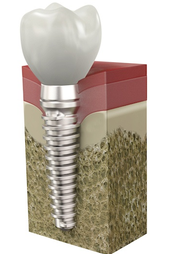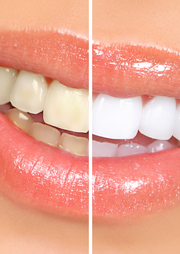A very influential study conducted by a team led by David Rice in Finland has just been published in the European Journal of Orthodontics, a leading journal in the field. The study examined the effect of non-nutritive sucking behaviour (NNSB) during early childhood on malocclusion. As randomised data on this topic is very scarce, it is worth considering the results of this study: https://pubmed.ncbi.nlm.nih.gov/39119981/, available in open access.
What did they do? All first-born children in the municipality of Vantaa, Finland, were contacted and (n=804) were randomised: one-third were offered a (specially designed) dummy provided by the study (DentoBon: with a wider, flatter nipple, considered more anatomically consistent with the child's anterior palate) to use until 2 years of age (n=311); the remaining two-thirds (n=493) did not receive a dummy. At 2 years of age, parents answered a questionnaire with questions on sucking habits and maternal education level (n=661). At 7 years of age, the children (n=451) underwent a clinical examination. The main finding examined was the presence of a posterior crossbite at 7 years of age.
What did they find? Among the participants (n=451), (n=47) were using the study dummy, (n=270) were using another type of dummy and (n=134) reported not using any dummy.
- At 7 years of age, the prevalence of posterior crossbite in the sample was 4%, 7% and 1% in children using the study dummy, a different dummy and no dummy, respectively; there was a positive correlation between crossbite and duration of dummy use beyond 12 months;
- The habit of finger sucking for at least 12 months increased the prevalence of tooth crowding at 7 years;
- When the groups were matched according to the mother's level of education, the results in terms of crossbite were quite similar;
- The dummy in the study was associated with a reduced prevalence of posterior crossbite.
A very impressive long-term study, which certainly raises the level of evidence in this area. The main message is that dummy use is associated with an increased risk of posterior crossbite at the age of 7 years, especially if use continues beyond one year of age. It is recommended that dummy use be discontinued after 1 year of age and consideration could be given to recommending a dummy with a wide, flat teat that is more consistent with the anatomy of the child's palate.









